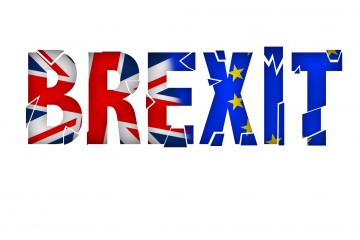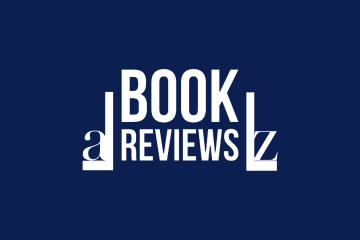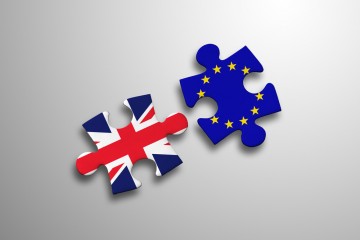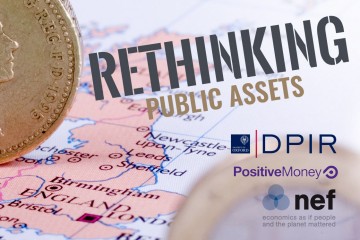
Labour’s EU referendum stance could lead to a general election disaster
If the Scottish independence referendum has taught us anything, it has shown the ability of a vote on a non-partisan question to reshape the subsequent partisan political landscape. As with the Scottish referendum, the referendum on the United Kingdom’s continued EU membership is likely to generate a high level of interest and engagement. Turnout could well exceed general election levels. It could also spell electoral disaster for Labour in the next general election. Many in the Labour Party assume that the party’s unified stance in favour of remaining in the EU will be politically beneficial, particularly in contrast to a Conservative Party which is divided on this issue. However, I predict that Labour’s unwillingness to engage with a left-wing Euroscepticism …

Jonathan Wright responds to Jonathan Maynard’s Questions on Mental Maps
This review of Mental Maps in the Era of Détente and the End of the Cold War 1968-1991 is as much sweeping as it is detailed. Jonathan Wright highlights the main arguments each contributor has made to this edited volume dedicated to the thinking that prevailed during the closing decades of the Cold War. How did world leaders think? How did their thinking change and how did this impact the course of the Cold War? On behalf of his co-editor Steven Casey, as well as of each contributing author, Jonathan Wright makes the case that, “The great crises of the twentieth century sometimes allowed leaders even with very different ideologies to find something in common, a shared orientation in their mental maps.”

A Critical Case: The United Kingdom and New Public Management
Julián López Murcia interviews Christopher Hood and Ruth Dixon about their new book ‘A Government that Worked Better and Cost Less? Evaluating Three Decades of Reform and Change in UK Central Government’ which recently won the 2015 Louis Brownlow Book Award from the US National Academy of Public Administration.

What explains Euroscepticism in the Conservative Party?
Many believe that the EU referendum has been called only to enable David Cameron to appease the Eurosceptics within his own party. This is debatable on numerous grounds. But what is certain is the eventuality that many Conservatives, including possibly some Cabinet ministers, will be joining the campaigns to get Britain out of the EU. For over a quarter of a century the issue of Britain’s role in Europe has been one of the most significant divisions within the Parliamentary Conservative Party (PCP). The European issue has been a reliable source of problems for the party leadership over the years. It has led to many rebellions, numerous defections, the downfall of Thatcher, and partly accounts for the Conservatives’ landslide defeat …

Reconsidering public wealth
Politicians often fail to understand the fundamental difference between household economics and the national economic system. The difference exists because households have to manage as best they can on what they can earn or borrow, whereas Governments have it within their power to create new money. A recent poll of Parliamentarians, commissioned by Positive Money, asked questions as to how new money is created. One out of ten respondents gave the right answer, two said they did not know and the remaining seven gave the wrong answer. This is not surprising. It is probable that less than 10% of the public understands money creation. As Henry Ford remarked “It is well enough that people of the nation do not understand …

New Series: Rethinking Public Assets
Five years after the financial crisis eased, sovereign debt, budget deficits and austerity politics still dominate the headlines. Yet despite deep cutbacks in many countries, governments still remain the largest asset-owner in most economies. They just don’t know it. Many of these assets exist beyond the balance sheet in the form of public land and real estate, state-owned enterprises and sovereign wealth. There are a number of implications to this hidden value. For instance, radical change in the way we understand and manage state assets could help tackle some pressing social and economic policy challenges. Clearer accounting of the ownership of and yield from public assets could augment public revenues, empowering the government to address public and household debt, income …

The Brexit Campaigns: In Out, In Out, Shake It All About
The rival camps are taking shape. Organisations have been launched, slogans road tested and logos commissioned. While no one knows when the EU referendum will take place, everyone has decided it’s time to make their case. A couple of weeks in, and the similarities between the Leave and Remain camps are as as striking as the differences. Both are quick to underline their patriotism; both go out of their way to emphasise British strength. No one, not even in the ‘remain’ camp, seems particularly fond of the European Union. And – perhaps most importantly – both campaigns are profoundly divided. On the ‘leave’ side, we have Leave.EU and Vote Leave, run by Matthew Elliott of Taxpayers Alliance fame. While the …

When States Act Emotionally: Professor Todd Hall Answers Questions on His New Book
In this interview, Todd Hall comments on some of the key aspects of his most recent publication Emotional Diplomacy: Official Emotion on the International Stage. How do state representatives use emotional displays strategically and what can they achieve by applying emotion to diplomacy? How do anger, sympathy and guilt feature in international relations? It is with clarity and distinction, that Todd Hall lays out how emotions are used to influence outcomes in international relations, both in theory and in practice.









